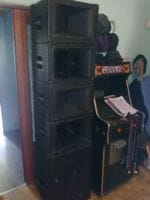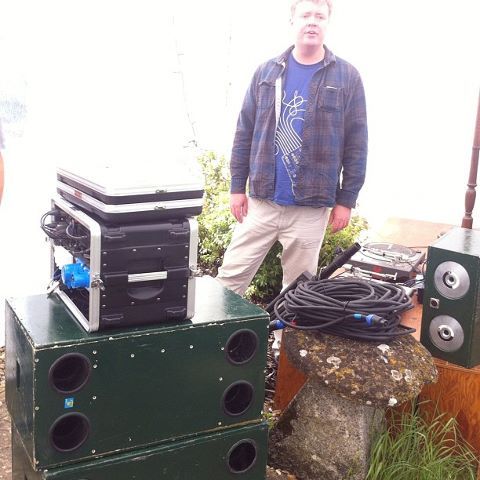- Posts: 94
- Thank you received: 1
stupid question about impules responce
- thepersonunknown
-
 Topic Author
Topic Author
- Offline
- Premium Member
-

Less
More
14 years 4 months ago #15347
by thepersonunknown
stupid question about impules responce was created by thepersonunknown
this probably should be in the dum section.
when i look at an impulse responce graph what should i be looking for. the idea is for the cone to come under control asap right? so after the inicial forward motion i want the line to flatten out as quickly as possible right?
like i said its a bit of o stupid question, but my problem is that im not sure if the impulse includes an entire 360 degree movement of the cone, that is if the inicial positive spike is much larger that the second negative one then that should be good right?
cheers
dave
when i look at an impulse responce graph what should i be looking for. the idea is for the cone to come under control asap right? so after the inicial forward motion i want the line to flatten out as quickly as possible right?
like i said its a bit of o stupid question, but my problem is that im not sure if the impulse includes an entire 360 degree movement of the cone, that is if the inicial positive spike is much larger that the second negative one then that should be good right?
cheers
dave
Please Log in or Create an account to join the conversation.
- jsg
-

- Offline
- Elite Member
-

Less
More
- Posts: 236
- Thank you received: 0
14 years 3 months ago #15619
by jsg
Ars est celare artem
Replied by jsg on topic stupid question about impules responce
The ideal impulse response is just a single upward spike. However, to achieve this your speaker would need to have a perfect frequency response from 0Hz (DC) to infinity. Because no speaker is that good (and you don't need it to be) you expect to see a little smearing of the upward spike (due to upper limit of freq response) and a dip after the spike (due to lower limit).
Ars est celare artem
Please Log in or Create an account to join the conversation.
Time to create page: 0.186 seconds